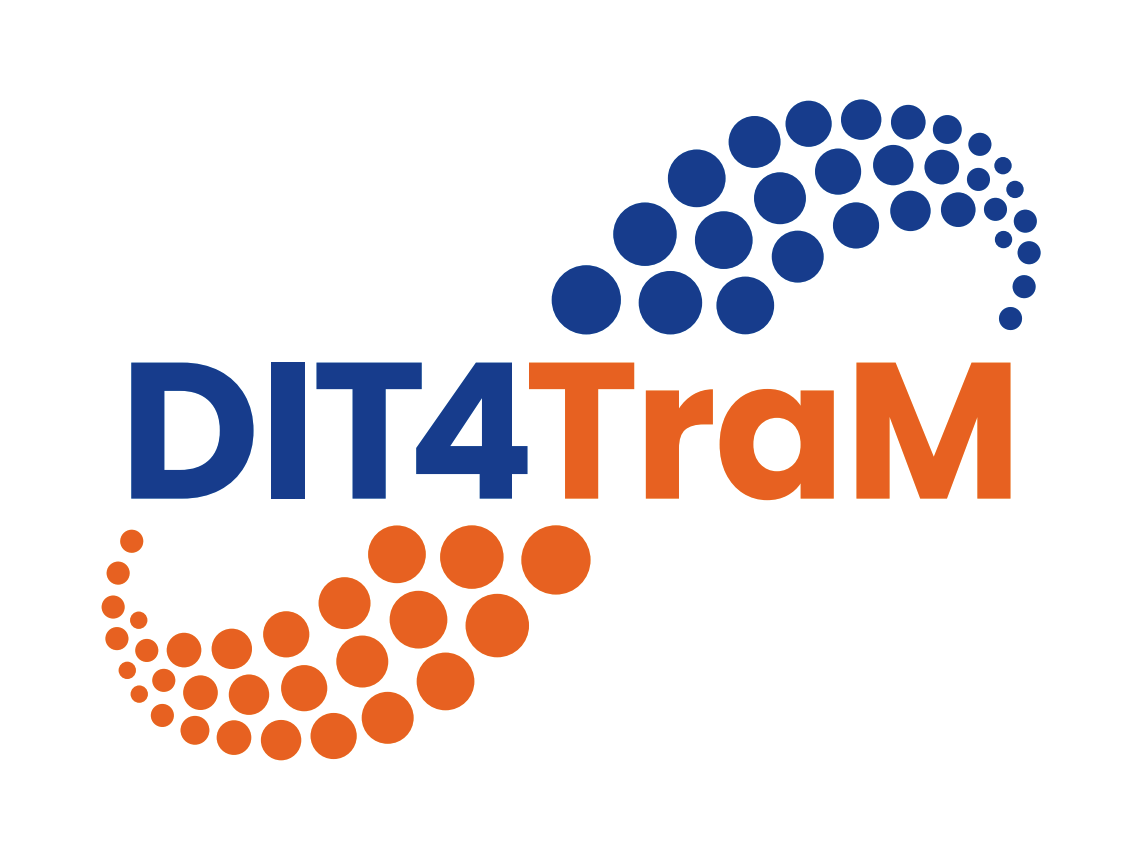DIT4TraM
Our mobility ecosystem is becoming increasingly complex, especially in urban areas. This makes it virtually impossible to manage traffic in the traditional centralized way. Is another approach conceivable? In the EU project DIT4TraM we aim to effectuate a paradigm shift in traffic and mobility management by means of principles from swarm intelligence and self-learning systems. Swarm intelligence allows for decentralization of control processes while still achieving a common goal.
Traffic participants also have a common interest, namely a smooth and safe flow of traffic. To achieve these goals, road authorities use centralized traffic and mobility management to control and correct the traffic flows. But our mobility ecosystem has become so complex over the years that controlling traffic ‘from above’ is no longer tenable—especially if we want to manage it in a multimodal way and include new transport services as well. This forces us to think about a completely different approach to our traffic and mobility management. In this context, can we learn from the starlings and stop regulating centrally and top-down, and instead start regulating locally and bottom-up?
In the DIT4TraM project, twenty knowledge institutions, companies and governments are investigating for the first time whether this ‘swarm intelligence’ approach is feasible for traffic and transport. Our focus is on individual travelers, connected cars, smart bicycles, and intelligent traffic control systems. Simply put, we are exploring how we can get these agents to communicate and interact locally in such a way that they automatically contribute to the greater goal of a smooth and safe traffic flow.
The research performed in DIT4TraM is composed of four application areas: (1) Cooperative connected traffic management, i.e., how to optimally distribute traffic at the micro level; (2) Cooperative distributed traffic management, i.e., how to let local traffic control systems work together to optimize the network; (3) Decentralized demand management, i.e., the development of tradable and multimodal credit and permit schemes, and; (4) Cooperation between transport services, i.e., studying the interaction and self-organizing behavior between multiple actors.
To test and develop all new knowledge and insights in practice, six pilot studies in four EU countries are organized: in France (Bordeaux), Greece (Glyfada and Athens), the Netherlands (Amsterdam and Utrecht), and Spain (AP-7 freeway). With these pilots we test the gains to be achieved for traffic flow, safety and liveability and look at the effects on reliability and resilience.
DIT4TraM has received funding from the European Union’s Horizon 2020 research and innovation program under Grant Agreement no. 953783 (DIT4TraM).
For more information please visit the website.
